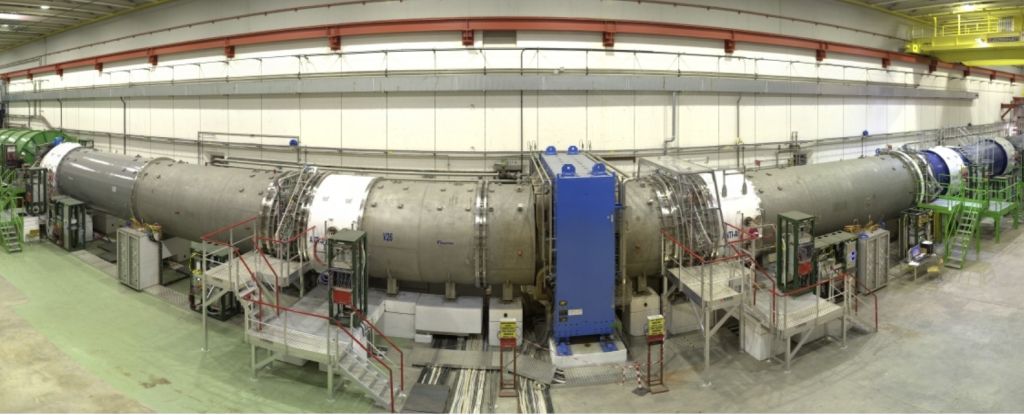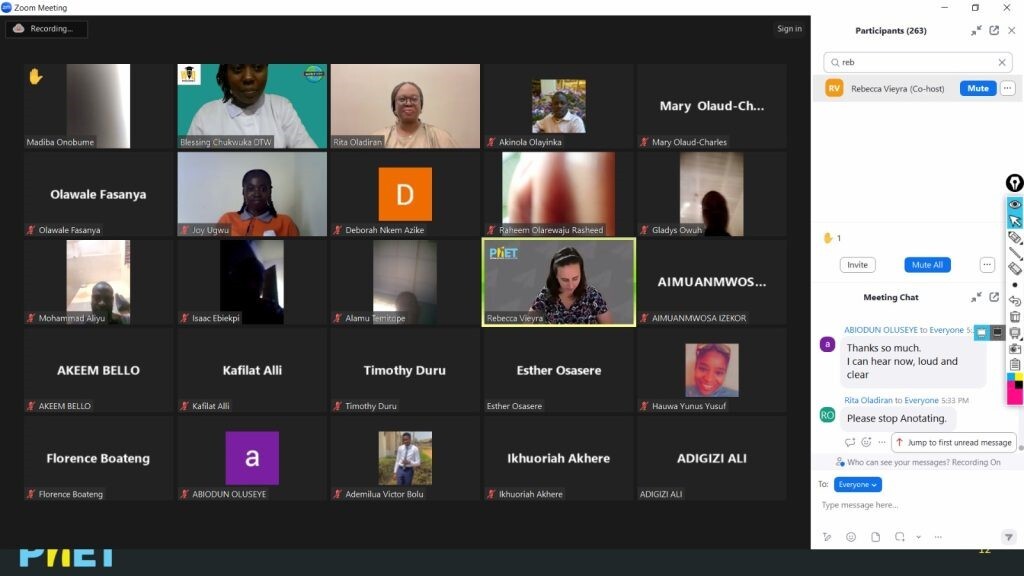Place your adverts here on InfoDig @ low rates; banner ads, sponsored links and guest articles etc. Contact us
 A cross section of journalists and stakeholders during the press clinic workshop in Abuja.
A cross section of journalists and stakeholders during the press clinic workshop in Abuja.The national project coordinator of the Livestock Productivity and Resilience Support Project (L-PRES), Sanusi Abubakar has emphasised the vital role of the media in communicating the transformative impact of the project on Nigeria’s livestock sector.
He made this assertion during his opening remarks at a press clinic workshop organised by the project to engage and build the capacity of the media in Abuja.
In providing an overview of the project, Abubakar noted that the L-PRES project was launched with a clear mission: to enhance livestock productivity, commercialisation and resilience throughout Nigeria. He highlighted the livestock sector’s significant role in the nation’s economy and food security. However, he pointed out that this sector faces several challenges, including climate change, low levels of value addition, inadequate market access, poor services, lack of supporting infrastructure, disease outbreaks and conflicts between herders and farmers.
“To tackle these issues, L-PRES adopts an integrated approach aimed at supporting the resilience and growth of livestock systems,” he stated.
Abubakar explained that the project, which runs from 2022 to 2028, is funded by a loan of $500 million granted in 2021, complemented by $46 million in counterpart funding over six years. This funding is being utilised to improve various aspects of the livestock value chain. The project is implemented through a Subsidiary Loan Agreement (SLA) at the state level, with the National Coordination Office (NCO) providing essential technical support and guidance.
The project coordinator outlined the key components of L-PRES, which include institution and innovation system strengthening ($95 million), animal husbandry and advisory support services ($40 million), animal health services ($40 million), livestock value chain enhancement ($275 million), crisis prevention and conflict mitigation ($100 million) and natural resources management and pasture improvement ($70 million).
He revealed that the project has identified over 223,097 beneficiaries across 17 states, ensuring that interventions effectively reach the intended farmers and livestock producers.
Other ongoing projects and initiatives include livestock service centers, geospatial mapping of natural resources, livestock value chain hubs and community small ruminant holding pens, he added.
Abubakar also mentioned that plans are underway to establish two new animal gene banks by 2025. This development aims to support breed improvement and conservation in Nigeria’s livestock sector. “The creation of gene banks is part of a strategy to enhance the resilience and productivity of Nigeria’s livestock industry, which is crucial for national food security and economic development. Currently, the country has limited gene banking facilities to preserve genetic material from indigenous breeds, ensuring biodiversity and sustainability,” he explained.
He noted that the new gene banks would play a pivotal role in breed conservation and improvement, particularly as Nigeria seeks to modernise its livestock systems. “The framework is already in progress and we expect to have two brand-new gene banks operational by 2025,” he stated.
Listing the objectives of the workshop, the technical operations manager of L-PRES, Wasiu Adeoye, articulated that the press clinic aims to improve the project’s socialisation process. “We need to ensure that virtually all Nigerians understand what L-PRES is and what it represents. Engaging with critical stakeholders and political leaders is essential to ensure everyone comprehends the project’s objectives,” he said.
Adeoye added that the second objective is to provide updates on the project’s mandate and achievements, while the third objective focuses on gathering stakeholder opinions to facilitate project implementation.
Through initiatives like the press clinic workshop, L-PRES seeks to enhance public understanding and engagement with its mission, ultimately driving positive change within Nigeria’s livestock sector. By leveraging the media’s influence, the project aims to create a more informed and responsive environment that supports the growth and resilience of the livestock industry.
















 English (US) ·
English (US) ·